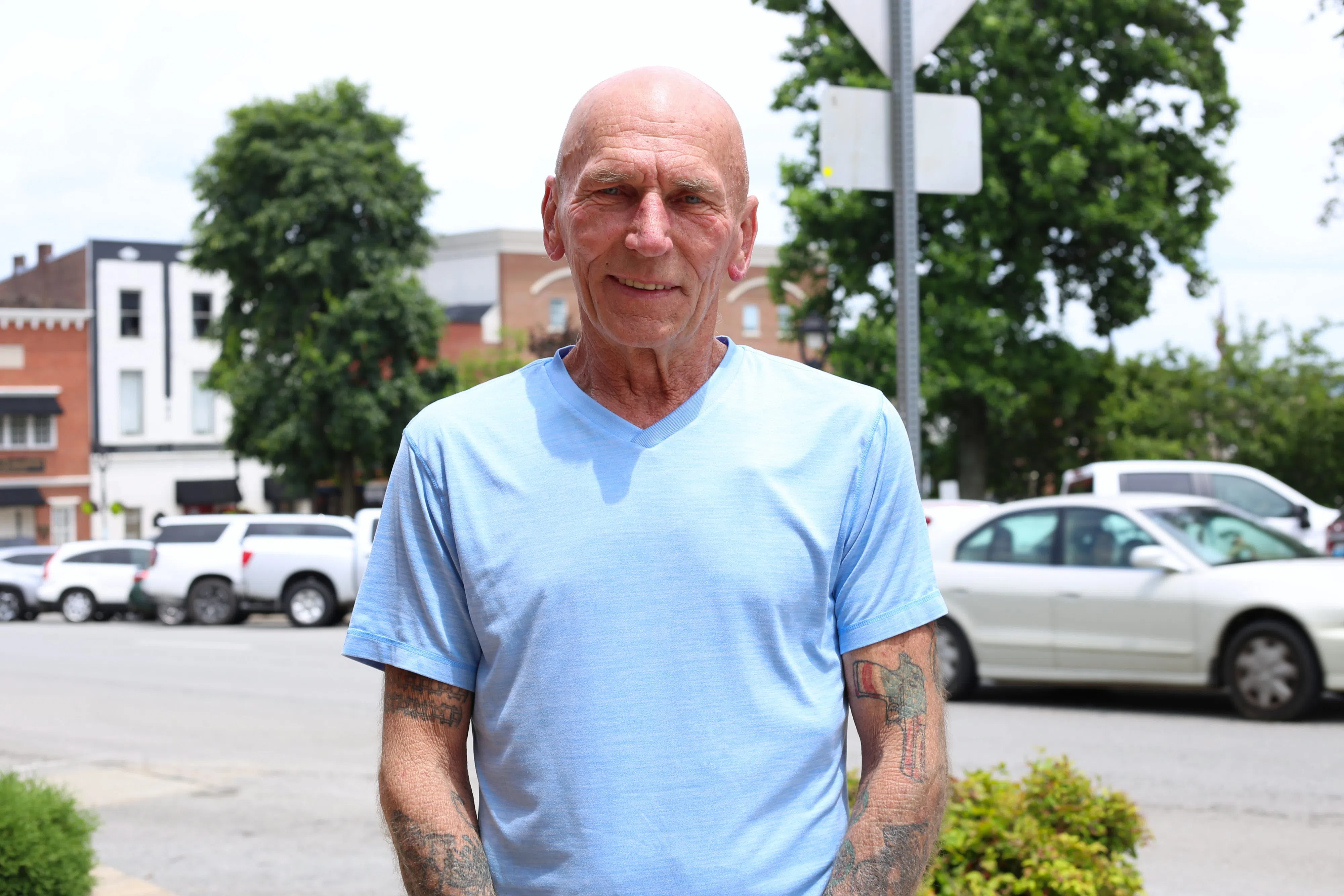By WILL PERKINS
Glasgow News 1
About a year and a half ago, John Shannon knew something wasn’t right with his body.
“I went to the doctor because I had severe swelling in my feet and hands,” he said.
After a scan, Shannon was diagnosed with lung cancer.
“I’ve smoked most of my adult life, so I wasn’t really surprised,” he said. “It was sooner than I was hoping, but it really wasn’t a big surprise to me and it didn’t hit me like a ton of bricks.”
It was determined that Shannon had metastatic disease at the time of his diagnosis, meaning his primary cancer site was his lung, but it had also spread to his liver — referred to as lung cancer with liver mets.
The metastatic disease made the goal of his care palliative in nature, as a cure was not statistically likely and not a realistic goal.
“It didn’t look good. The forecast for me wasn’t very long,” Shannon said. “I think mindset has something to do with it once you get over the shock of like: ‘OK, is this it?’”
Shannon said he was relieved to find out that his cancer had not spread to his brain, and “it was just contained to my lower body.”
Doctors asked him: “What do you wanna do?”
“I said, ‘Well, whatever you gotta do, let’s have at it,’” Shannon said. “‘Let’s go.’”
The first person he told was his younger brother.
“We were partners in business for years before I retired, and we’ve always been super close,” Shannon said, adding that he then told his sisters and his children. “I wasn’t going to tell anybody till I found out what was going on.”
Shannon said his brother’s wife works in a hospital in Indiana, “so she has a pretty good background on a lot of doctors. They came down and helped us.”
Since Shannon is originally from Indiana, he considered going back there for treatment, but after he met everyone at T.J. Regional Health’s Oncology Unit, he decided to stay here.
“I wouldn’t have wanted to have been anywhere else,” he said. “The doctors have been awesome. All the nurses, everybody there has been so friendly. It’s like they were a part of your family.”
Kimberly Morse, Shannon’s partner, said the doctors at T.J. were “fast-acting.”
“They didn’t want to wait,” Morse said. “They said, ‘If we’re going to do this, we need to just do this because of where he was with his cancer.’
“They’ve been amazing.”
After 12 sessions of chemotherapy, a scan showed that Shannon’s cancer had gotten smaller, and after about the second session of immunotherapy, all the swelling had disappeared.
Shannon said chemotherapy was “kind of hard to get through.”
“But you do it,” he said.
Shannon is currently considered to have stable disease so he will continue with the immunotherapy indefinitely as long as it is working. Should his cancer grow, his regimen will then be changed.
Morse said immunotherapy has “really changed people’s lives and how much time they have with their families.”
Shannon said some days he gets more tired than others, but he is “back to doing what I’ve always done.” Aside from his career as a bridge construction worker, he had a custom bike shop and also built hot rods for 17 years.
Now he’s back to building cars for personal use.
“That’s a big thing,” he said. “You can’t just sit down. I’ve been so busy my whole life. I’ve never been a sitter. I gotta get up, move around and do something.
“To this point, I have no complaints. T.J. has been awesome. I can’t say enough good things about those people.”
__________________________________________________________
CARE Power Hour is an event to celebrate cancer survivors, their families, caregivers, providers, and friends. The lavender ribbon is a general symbol of awareness for all cancers. It serves as a unifying symbol, promoting empathy and support for anyone affected by cancer regardless of the specific type. Proceeds from CARE Power Hour directly benefit Community Medical Care’s Breaking Barriers to Care Program, which provides assistance to cancer patients for the most common barriers to care such as transportation and supplemental nutrition. Purchase tickets to the event here.

Comments